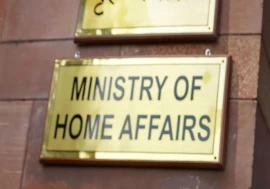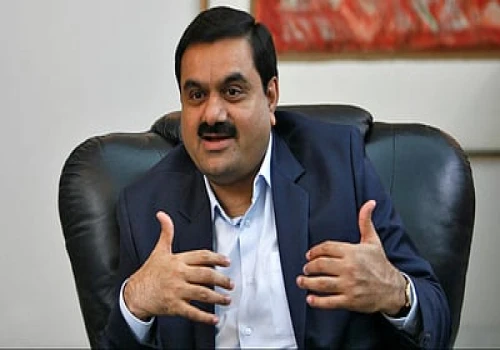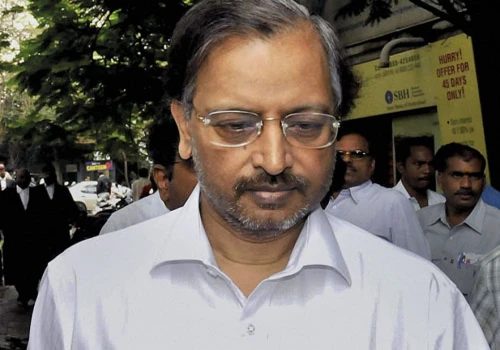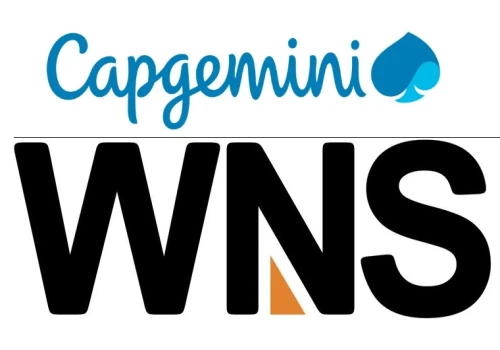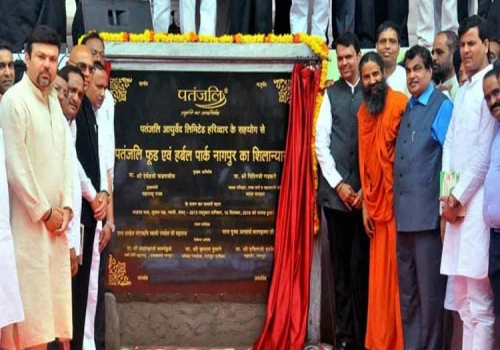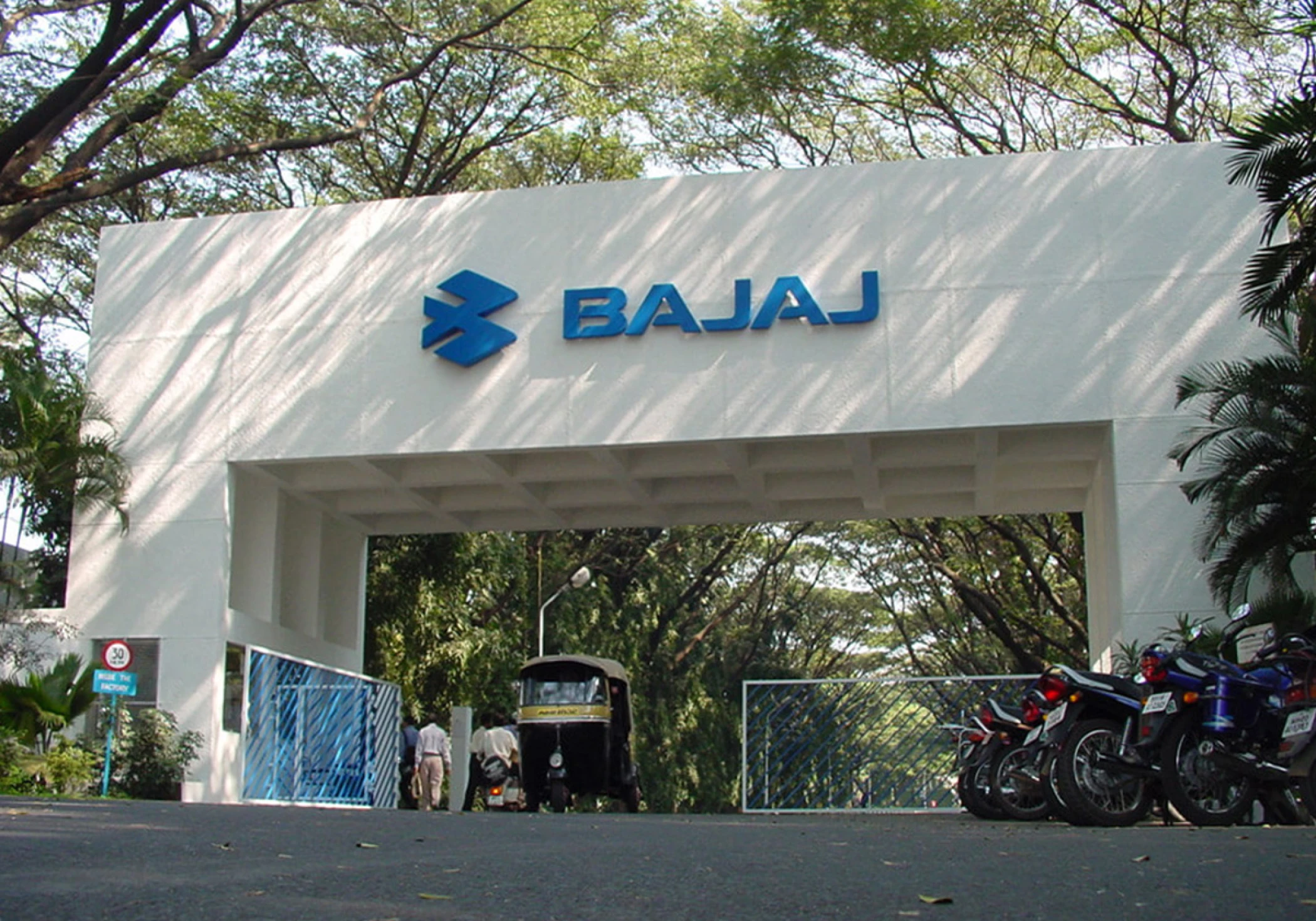
Rajiv Bajaj, the head honcho of India's largest two-wheeler manufacturer, Bajaj Auto, has raised his voice against the exorbitant GST rates levied on commuter motorcycles in the country. He urged the government to consider a significant reduction, proposing a more manageable rate of 18% instead of the current 28%.
Bajaj attributed the rising cost of commuter motorcycles to a dual burden: excessive regulations and high taxation. During the launch event for the company's latest offering, the powerful Pulsar NS400, he addressed the media, highlighting the sluggish sales recovery within the segment since the pandemic. He further emphasized the stark contrast between India's GST structure and those of Southeast Asian nations, where the equivalent tax typically falls within a much lower range of 8-14%.
"While stringent emission regulations are a positive step," Bajaj conceded, "the current GST rate of 28% is a major hurdle. The government should seriously reconsider and bring it down to a more reasonable level, ideally between 12-18%."
This call for a significant GST reduction comes amidst the fanfare surrounding Bajaj Auto's newest launch, the feature-rich Pulsar NS400Z. This motorcycle positions itself directly against established mid-range offerings like the Dominar 400, KTM 390 Duke, and Triumph Speed 400.
Since its debut in 2001, the Pulsar brand has been a phenomenal success story for Bajaj Auto, selling a remarkable 1.8 crore units and generating revenue exceeding a staggering Rs 10,000 crore. The NS400Z boasts top-of-the-line features like a ride-by-wire throttle, switchable traction control, multiple ride modes, full LED lighting, a comprehensive digital instrument cluster, and Bluetooth connectivity.
Bajaj Auto's recent financial results paint a promising picture, with a 35% year-on-year net profit increase for the March quarter, reaching Rs 1,936 crore compared to the previous year's Rs 1,433 crore. The company's revenue from operations also witnessed a significant 29% YoY jump, climbing to Rs 11,485 crore from Rs 8,905 crore.
Rajiv Bajaj's demand for a lower GST rate on commuter motorcycles highlights a crucial concern within the two-wheeler industry. Excessive taxation acts as a barrier to affordability, hindering market recovery and overall growth. As the industry strives to regain pre-pandemic momentum, a more favorable tax structure could significantly benefit both manufacturers and consumers, paving the way for a more accessible and thriving commuter motorcycle segment in India.


